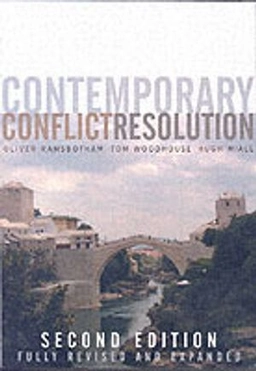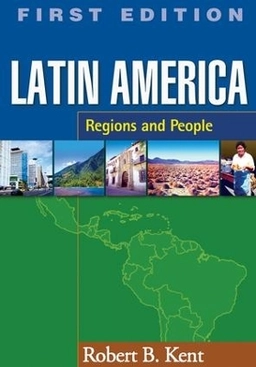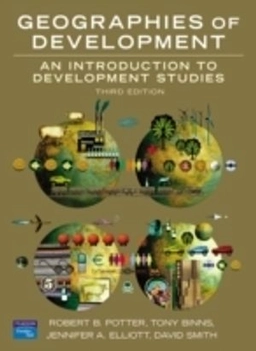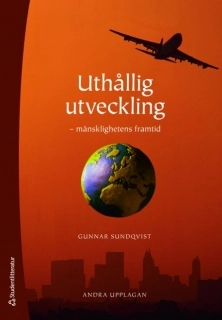In the early years of the new millennium, hurricanes lashed the Caribbean and flooded New Orleans as heat waves and floods seemed to alternate in Europe. Snows were disappearing on Mount Kilimanjaro while the ice caps on both poles retreated. The resulting disruption caused to many societies and the potential for destabilizing international migration has meant that the environment has become a political priority.The scale of environmental change caused by globalization is now so large that security has to be understood as an ecological process. A new geopolitics is long overdue. In this book Simon Dalby provides an accessible and engaging account of the challenges we face in responding to security and environmental change. He traces the historical roots of current thinking about security and climate change to show the roots of the contemporary concern and goes on to outline modern thinking about securitization which uses the politics of invoking threats as a central part of the analysis. He argues that to understand climate change and the dislocations of global ecology, it is necessary to look back at how ecological change is tied to the expansion of the world economic system over the last few centuries. As the global urban system changes on a local and global scale, the world's population becomes vulnerable in new ways. In a clear and careful analysis, Dalby shows that theories of human security now require a much more nuanced geopolitical imagination if they are to grapple with these new vulnerabilities and influence how we build more resilient societies to cope with the coming disruptions. This book will appeal to level students and scholars of geography, environmental studies, security studies and international politics, as well as to anyone concerned with contemporary globalization and its transformation of the biosphere. (Bookdata)
Åtkomstkoder och digitalt tilläggsmaterial garanteras inte med begagnade böcker





















